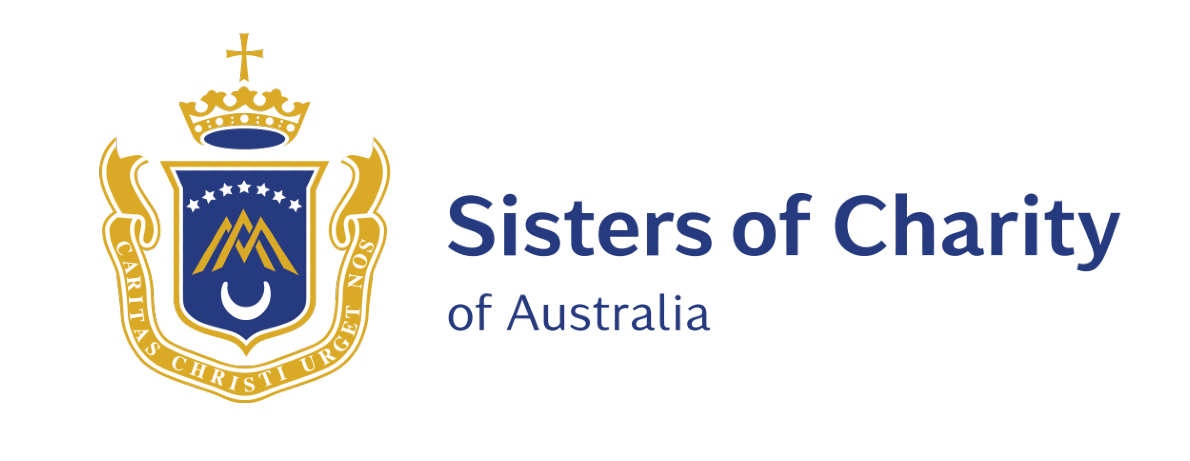
The Fight Against Human Trafficking
Human trafficking is hidden in plain sight, including right here in Australia. An estimated 50 million people suffer the trauma, indignity, and lifelong consequences of the violence and exploitation that is human trafficking and modern slavery – more than ever in history. Pope Francis has called human trafficking “an open wound on the body of contemporary society” (11 April 2014).
Human trafficking is “the process by which people are coerced or lured by false prospects, recruited, relocated, and forced to work and live in exploitative or abusive conditions”. Women, children and men are lured by false prospects of a better life, instead ending up in forced or exploitative labour, domestic servitude, sexual exploitation, forced marriage or debt bondage. This is an insidious evil where victims are controlled and exploited in homes, on farms, in restaurants and hotels, on fishing vessels, in factories and retail businesses.
Human trafficking is a demand driven crime – that is, traffickers profit from our demand for cheap goods and services. Many of the goods we use – food, clothing, medical supplies, electronic goods – are produced by children or adults working in forced or exploitative conditions. There are many drivers of human trafficking, with climate change and conflict, and the displacement of persons they generate, exacerbating vulnerability, especially among women and children.
Talitha Kum, the international network of Catholic Sisters and our friends and colleagues, and, in Australia, ACRATH (Australian Catholic Religious against Trafficking in Humans), work together to end human trafficking. We enter into the violent narrative of exploitation and trafficking in persons, weaving together gestures of welcome, care, empowerment, inclusion and good. In doing so, we stand against political, economic, financial, social and cultural inequalities and inequities, and care for people wounded by exploitation, making no distinctions of gender or sexual orientation, age, race or ethnic origin, language, religion, nationality, belief, disability, political or other opinions, membership of a national minority, property, birth or any other status.
Sr. Colleen Jackson RSC, Regional Representative of Talitha Kum for Oceania
Pope Francis reminds us that:
it is everyone’s responsibility to denounce these injustices and to actively counteract this shameful crime.
-Fratelli Tutti 285
Each of us can choose to make a difference by:
·learning more about human trafficking.
raising awareness about human trafficking in our schools, communities, parishes, and among our families and friends.
choosing to purchase ethically produced, slave free products – clothing and accessories, electronics, food, coffee and tea, seafood.
being alert to people possible enslaved in homes and businesses in our neighbourhoods.
calling out the systems that sustain human trafficking through our voice, our actions and our daily choices.
joining with other likeminded people.
As the Dalai Lama wisely advised:
If you think that you are too small to make a difference, try sleeping with a mosquito.



